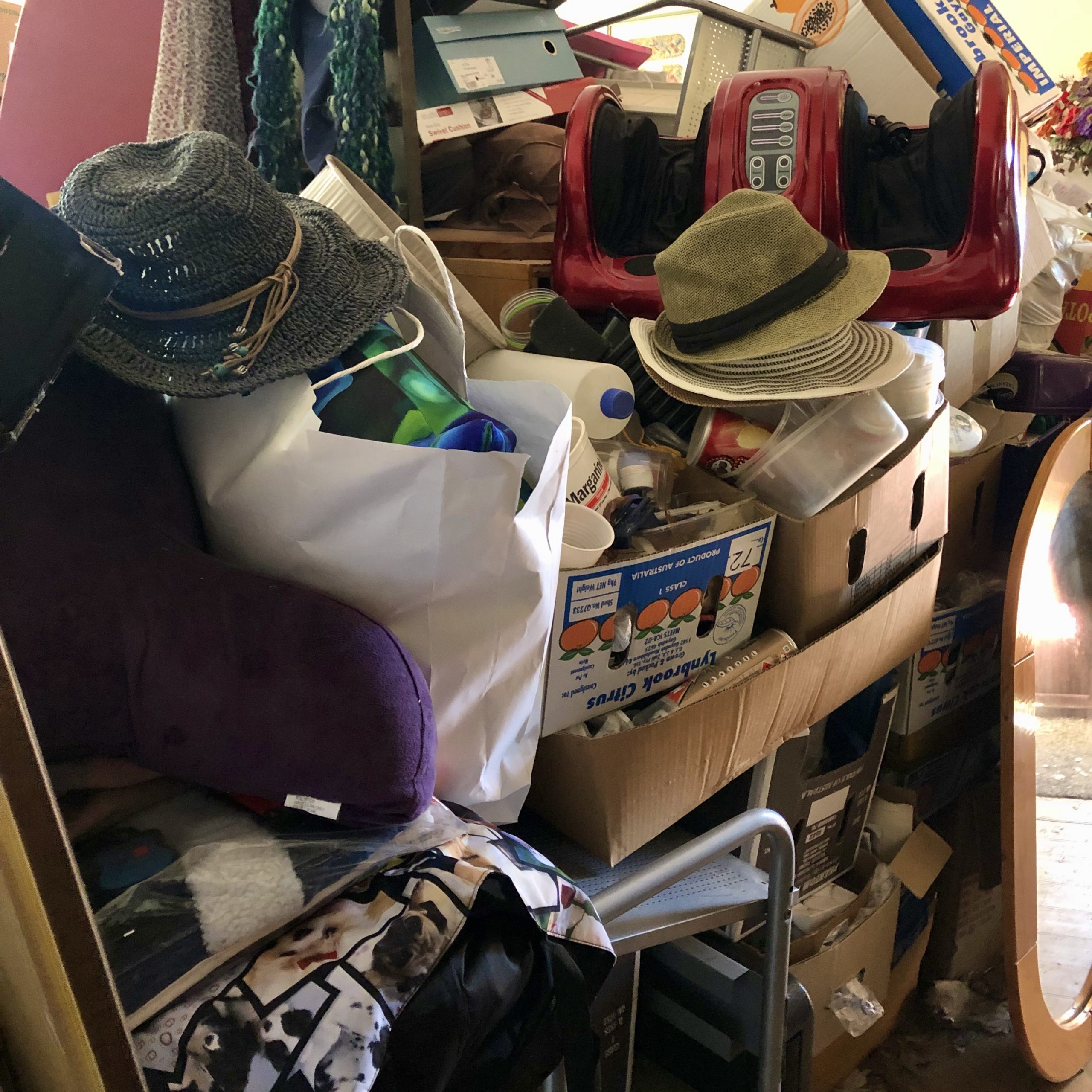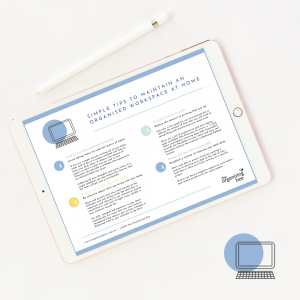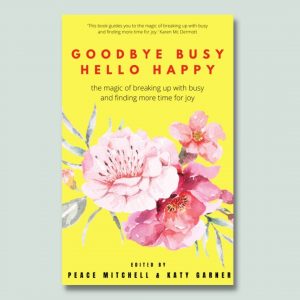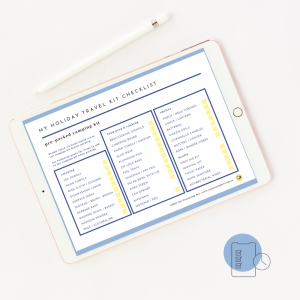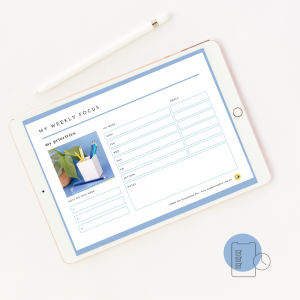Do you know or live with someone who you believe has problems with hoarding?
Hoarding Disorder is such a big, sensitive concern that we need to be very mindful about when we approach this with our loved ones.
Earlier this month, I attended an extremely inspiring and insightful professional forum, Buried in Treasures: Understanding and Responding to Hoarding presented by the acclaimed Dr. Randy Frost and hosted by the Canberra Living Conditions Network. Dr. Randy Frost is one of the world’s leading experts on hoarding disorder and obsessive-compulsive disorder. You can read more about Dr. Randy Frost and the forum here.
I took away so much practical information from the forum, but there are some key points about hoarding disorder that I feel are very important to share with you. Key points that I think are crucial for anyone who has a loved one that is experiencing problems with hoarding to read and understand.
Most us would have a very polarised view of what hoarding disorder is. Our view is formed by the media, primarily TV shows like Hoarders or Hoarding Buried Alive and although these are representative of hoarding disorder, like all reality TV shows, they present an extreme view point.
It is easy for us as family members to label a loved one who has problems with hoarding as being lazy, messy or dirty and for us to constantly question why don’t they have the desire to put things away. But this is not the case.
What looks like a pile of disorganised junk or rubbish to us, to someone with hoarding disorder is an organised and systemised collection of treasures. Yes, you read that correctly, I did say organised and systemised.
It is our natural response for us to want to help out, tidy up a little for them, make their space look a little more like what we think a home should look like. It is difficult for us to understand how they would choose to live like this.
But for us as family members, friends or service providers, it is crucial, very crucial, that we do not touch the belongings of those with hoarding disorder without permission at any time.
Dr. Randy Frost described that the action of moving a few pieces of junk mail, papers, magazines and newspapers into a tidy stack, to us may seem like a really helpful and caring thing to do, but for someone diagnosed with hoarding disorder it can be devastating. It is a violation of them and their property.
He compared this reaction, to the emotion we may feel if someone came into our home and emptied out the entire contents of our filing cabinet and scattered the papers all over the floor.
We may be heart broken, we may be devastated, we may feel violated, it would be beyond our belief that someone would come into our house and do this to us. You took the effort to file your documents and now they are scattered all over the floor, how are you expected to find anything now? This comparison may seem extreme, but the correlations are strong.
So why is this the case? Dr. Frost explained that those with hoarding disorder are generally very smart people with highly complex methods of processing information. Their thinking is so complex and involved that they often get lost in their own mind and have difficulties making decisions. More evaluation and more options are considered with each and every decision, which can influence the relationship that they have with everyday objects.
They often use visual mapping and spatial categorisation techniques (that is they have a mental map of everything they own). It is a common belief amongst this group that they may forget or loose things if they file or put it away, therefore items are intentionally left things out as visual cues to help them to see and easily find things.
The cognitive behaviour experienced by this group is highly complex and Dr. Frost and his team have undertaken decades of research and study into this field. It is really, really difficult those of us without hoarding disorder to understand, the disorder is extremely complex and there are many factors that are almost impossible for us to comprehend.
We as loved ones need to be ultra sensitive, cautious and very mindful of the language that we use and actions that we take when we deal with those with hoarding disorder.
Now that we understand that their mind works in a different way, and that your loved one is not doing this to annoy you, they are doing this because they are unable to control it and because this is the only way they know how.
Hoarding disorder is a recognised mental condition and we need to support them, we need to ensure that we do not push or bully them into change. We need to motivate them and we need to look at ways to encourage them to want to make the decision to change.
Professional support may be needed. A Professional Organiser specialising in helping those with hoarding disorder may be a good starting point. The Canberra Living Conditions Network (CLCN) (currently on hold) runs a Buried in Treasures Workshop, which is very good program developed by Dr. Frost and to date, this program has helped those with hoarding disorder around the globe see positive change. More information about the program can be found here.
For further information or support:
Stuff: Compulsive Hoarding and the Meaning of Things, by Gail Steketee and Randy O. Frost, Houghton Mifflin, 2010
Buried in Treasures: Help for Compulsive Acquiring, Saving, and Hoarding, by David F. Tolin, Randy O. Frost & Gail Steketee, Oxford University Press, Feb 2007
Canberra Living Conditions Network (currently on hold)

